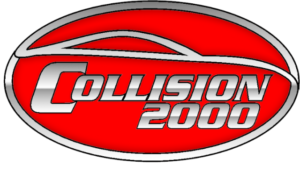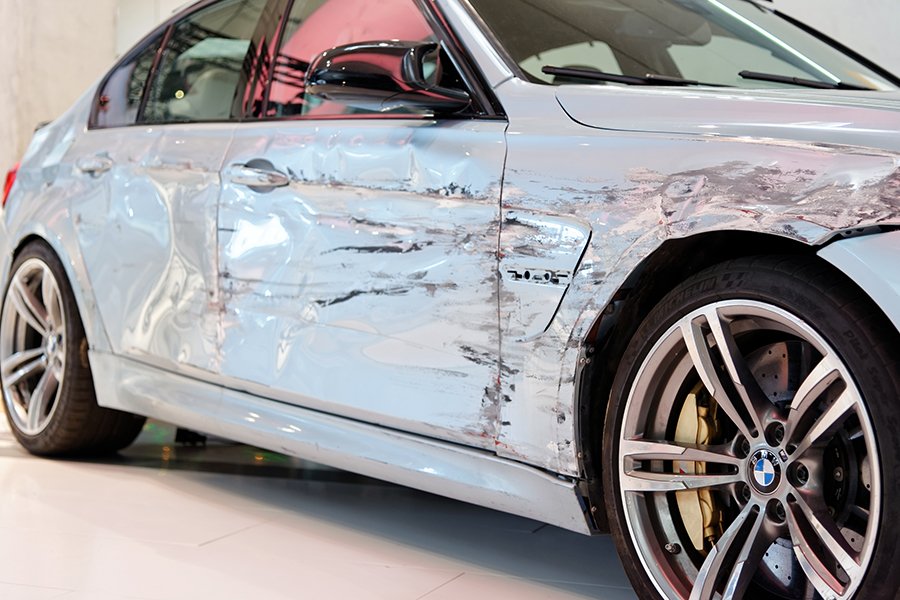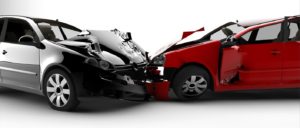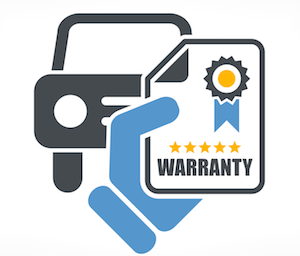For some individuals, one’s car can be almost like another child. While everyone tries to avoid collisions, sometimes they do occur, and although the damage done to your vehicle can range from a couple scratches on the fender to a crumpled hood or beyond, you might like to be able to get the damage repaired or even replaced if necessary. Collision coverage is for exactly that scenario.
Need collision Repair after a car accident in West Palm?
Get an auto body estimate today.
What Does Collision Insurance Cover?
It is important to note that collision insurance includes not just collision events with other vehicles but also if you run into an object like a tree or a fence. Specifically, collision insurance covers to your vehicle caused by colliding with another vehicle, regardless of fault
Auto body damage to your vehicle caused by colliding with a tree or a fence
Auto body damage caused by a single-vehicle accident such as rolling over after hitting a guard rail
However, collision insurance doesn’t cover everything. Collision insurance will do nothing to help with any medical bills, any damage to another party’s vehicle, or any damage to your vehicle that does not stem directly from a collision–examples could include things like hail storms or damage from thieves breaking in.
What Collision Deductible Should I Get?
For reference, a deductible is the dollar amount that you personally pay prior to any insurance coverage taking effect. So, for example, if you purchase a policy with a $1,000 deductible, you will have to pay $1,000 out of pocket before insurance will take over and cover the rest. Choosing a deductible is a particularly personal choice depending entirely on your unique set of circumstances. When choosing your deductible, you need to take a couple of factors into consideration.
Related: How Much Do Car Insurance Rates Go Up After an Accident?
Monthly Cost or Premium
Various insurance agencies will offer different-sized deductibles at different costs, and you will need to get quotes from the agencies you are interested in working with. Generally speaking, the lower the deductible, the higher the monthly cost of the policy. While choosing the policy with the lowest cost may be tempting, the premium should not be the only decision point.
Risk Level
You also have to assess your risk level, which should include more arcane considerations such as:
- The likelihood of encountering a deer at night
- Typical weather conditions
- Typical times of vehicle operation
Depending on your answer, you may be better served with a lower deductible policy–especially if you expect to have a reasonable chance of needing to use the coverage multiple times a year for whatever reasons.
You may consider higher deductible policies if you drive sparingly and in good conditions and live in a relatively risk-free environment with little traffic or exposure to hazards like deer. On the other hand, if you live in a rural area with weather or animal hazards or a very urban area with a lot of traffic, you should consider a lower deductible policy. Again, this is extremely general advice, and you should thoroughly evaluate your personal needs and budget before choosing a policy.
Your Situation
The value of your vehicle and your emergency savings should also figure into your considerations, but there are factors more commonly considered when deciding to drop coverage.
Do I Need Collision Insurance on an Old Car?
When is collision coverage worth it? Since insurance companies will only pay fair market value for damage to your vehicle, there are some scenarios where dropping collision insurance can allow you to save some money.
Rule of Thumb: When Should I Drop Collision Coverage?
While collision insurance is typically required if you are financing or leasing your vehicle, if you own it outright, you get to make the choice for yourself. Generally speaking, when your car becomes around ten years old, it can be worth dropping collision coverage.
This varies depending on the make and condition of the vehicle, of course. Some vehicles maintain their value better as they age than others. The only way to know for sure is to keep general tabs on book value on a car as that will inform your decision at any stage. The ten-year mark is a good benchmark for when to start crunching the numbers, though.
Another variable to consider is how large your emergency savings is. If you have little or no savings and cannot exist without your vehicle, then it is probably worth maintaining collision coverage since losing your vehicle in a collision could be catastrophic. Keep in mind that if you do retain collision coverage on a car that doesn’t have much value, you may not get the kind of payout you need to buy another car.





